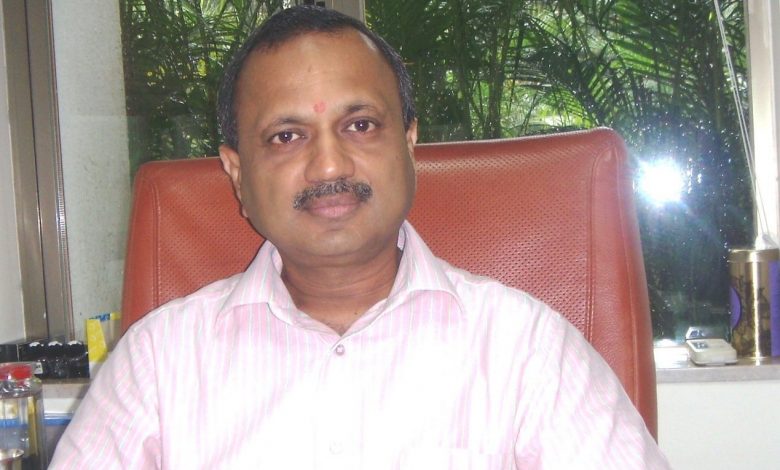AsiaDry CargoMaritime CEO
Mercator: Seven year mix

Mumbai: Just over a decade ago, Mercator Lines had gone on a vessel acquisition spree to metamorphose from a relatively minor shipping player into India’s second largest private sector shipowner, with 4m gt of diverse tonnage.
However, the two brothers-in-law – Harish Kumar Mittal, chairman, and Atul Agarwal, managing director – who ran the company displayed Nostradamus-like qualities and foresaw the arrival of the global shipping downturn. They decided, in 2007 itself, to reduce the company’s dependence on core shipping activities.
“We have diversified over the last seven years, and broadbased our operations,” says Agarwal. “Coal mining has been a major area we have gone into; and we have mines in Indonesia, which we are currently exploiting.
“We also have coal mining assets in Mozambique, but the infrastructure there is so poor that we don’t harbour much hope of getting it going.”
Transporting coal from Indonesia to India, to feed the maw of the numerous power plants could well have been done in-house, employing the fleet of dry bulk carriers the company had built up. But Mercator (the name of the company was changed four years ago to ‘Mercator Limited” to better reflect the wider scope of its activities) gave the idea of captive employment a wide berth.
“We have 14 vessels in the bulk sector at the moment, but we don’t use them for in-house work,” says Agarwal. “If we can buy freight at a cheaper rate than we can sell, why should we use our own vessels? Only the possibility exists that, if our ships have no employment whatsoever, we might use them on the Indonesia-India coal run.”
This is contrary to what fellow Indian firm Adani group is planning to do – using its bulk carrier fleet to transport coal from the Carmichael coal mine it has recently purchased in Queensland, from Abbot Point to Indian destinations.
“Our business model is different from that of Adani; they are not per se into shipping,” says Agarwal. “They use shipping as a support structure for their primary business of coal and ports, whereas our primary business has been shipping.”
The Mercator chief feels that there has not been much improvement on the shipping scene this year, and that the industry continues to be in the grip of recession.
“In fact, if you ask me, there does not seem to be a silver lining on the horizon for shipping in this entire decade,” he says. “Only the gas and offshore sectors appear to be doing fine. I don’t see bulk shipping improving for some years. There is excess capacity, and too many orders continue to flow into Chinese shipyards.”
The company has diversified into other areas. It operates a mobile offshore production unit (MOPU), converted from a drilling rig, which is doing well with a nine-year contract. It is in the process of building two more such units, and is actively on the lookout for more offshore contracts.
A step-down overseas subsidiary, Mercator Energy, is in the process of raising debt of $55m to help it expand in the oil and gas space. It has bought two small oil blocks in the Cambay basin, has commenced drilling operations, and expects to know the results some time in August. “We have also tied up with Oil India Ltd and invested in two oil blocks in Myanmar during their recent round of international bidding,” says Agarwal. “The geological formations in these blocks are supposed to be similar to Reliance’s D6 block in the Krishna-Godavari basin; and so, the prospects appear to be bright.”
Mercator professes no interest in transporting liquefied natural gas (LNG), even though the field is burgeoning in India, with government estimates claiming an annual requirement of 40 shiploads.
“Yes, vessels may secure 25-year contracts, but the field is too capital-intensive for our liking,” says Agarwal. “What is the current contract rate for a $200m LNG vessel? The spot market offers $100,000 per day, but long-term contracts do not offer anything above $65,000-70,000 per day.
“Even the liquefied petroleum gas (LPG) market, which is quite strong currently, is due for a fall two years down the line when a number of newbuildings – some 80-90 vessels – join the global fleet. We are not keen to run with the herd.”
NEED TO KNOW: Mercator
Run by two brothers-in-law – Harish Kumar Mittal, chairman, and Atul Agarwal, managing director – this Indian line has reduced its shipping exposure a great deal since 2007. Now has just 28 ships, while it has diversified into coal mining and energy.
